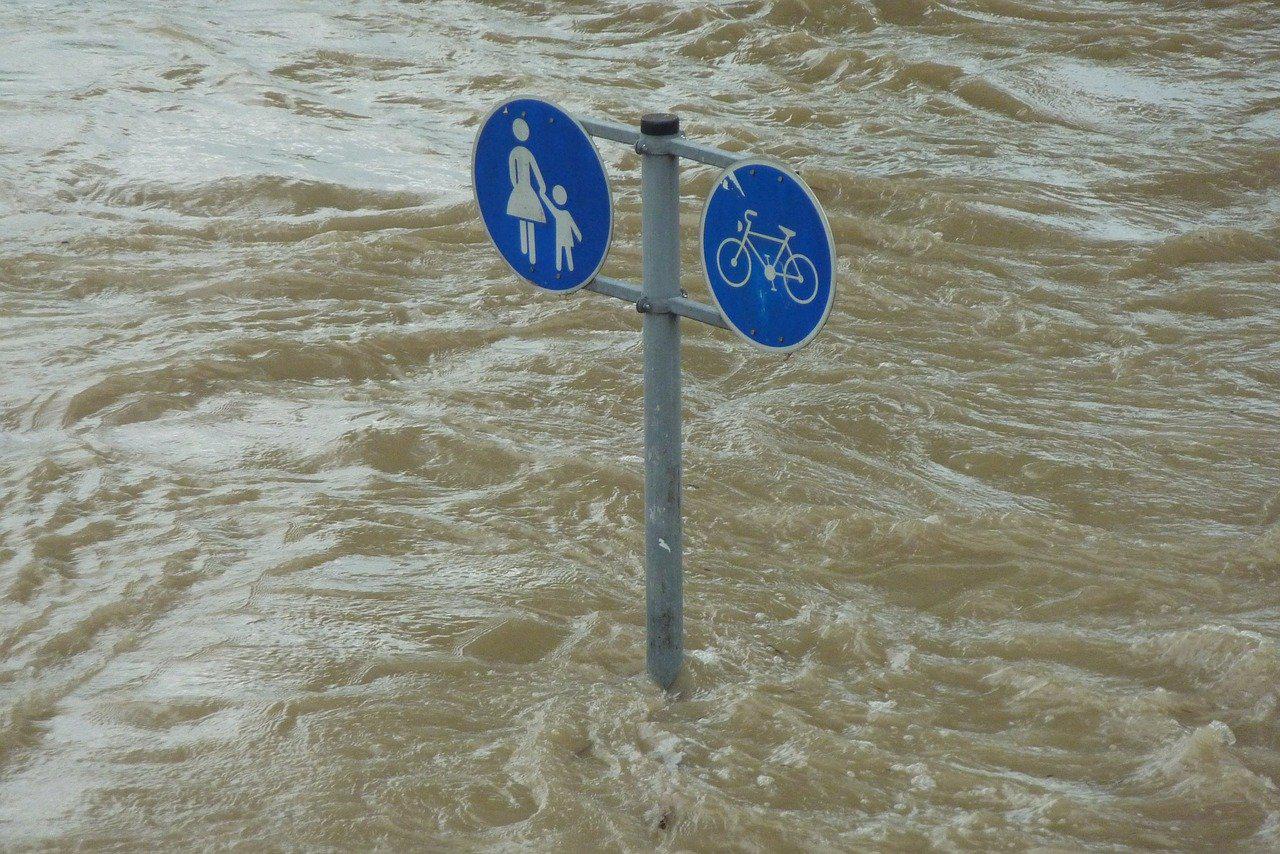
Flooding and Climate Change
Climate change is a growing global concern. When dangerous heat waves, flooding and storms occur, municipal services are often the first to respond. Over the years, municipal councils have declared climate change emergencies and developed climate change action plans to help address the local impacts of climate change. Given the municipalities’ frontline role in adapting to and managing climate change impacts, addressing the crisis has long been a top AMO priority.
Since March 2020, AMO and LAS staff have prepared a series of joint discussion papers related to our climate change policy and advocacy efforts. To date, five papers have been released on the following topics that can be found at the AMO website:
- Flooding, Climate Change and Municipal Response – October 2020
- The Environmental Footprint of Telecommunications – February 2021
- Building Retrofits and Deeper Energy Savings – April 2021
- Recommendations for the Diversion of Food and Organic Waste in Ontario - August 2021
- Using Distributed Energy Resources to Fight Climate Change – September 2021
This work continues with additional papers to be released in 2022-2023.
Water, Wastewater, Stormwater Management, and Flood Mitigation
Municipal governments are responsible for a significant amount of infrastructure, including stormwater management and treatment services. Adapting to more frequent extreme weather events, such as intense storms and shoreline flooding, will be key to ensuring long-term social and economic stability across the province. AMO has long called for funding to improve and expand flood protection and stormwater management infrastructure. This would be cost prohibitive for municipalities to undertake alone, as municipal budgets continue to be strain under the pressure of the COVID-19 pandemic.
The provincial government has been working strategically and collaboratively with municipal governments on flood preparedness and mitigation. A partnership approach amongst all three orders of government is essential to ensure that municipal governments have the resources they need to keep their residents safe and better adapt to increased extreme weather events both now and into the future.
AMO advocates for the following strategies:
- greater clarity on jurisdictional responsibility for the costs of flooding;
- adequate and sustained funding by the provincial and federal governments around both flood recovery and adaptation projects; and,
- a coordinated approach to update flood mapping so municipalities can accurately identify flood hazard areas and reduce risk.
In response to the Flood Advisors Report, which followed the devastating floods of 2019, the Province released its Flooding Strategy in 2020. Recently, the Ministry of Natural Resources and Forestry has established a Flood Mapping Technical Team to identify flood-prone areas in the province. AMO welcomes the priorities and goals laid out in this report and looks forward to our continued work with the provincial government and the Flood Mapping Technical Team to put this strategy into action.
Municipal governments provide water, wastewater, and stormwater management and treatment services in their communities within a broad provincial regulatory framework. Managing these services safely and effectively as well as expanding and upgrading them is very costly. Small municipalities in particular face difficulties in striking the right balance between appropriate base rates and efficient service delivery. This challenge is only increasing due to climate change and growth pressures. With more frequent and intense storms in recent years, residents are experiencing more flooding and expect action from all governments. The capacity of all municipal water systems must be increased to better handle these storms.
There must be sustained and increased levels of investment from the provincial and federal governments as well as local support to address these challenges. Provincial investments in better technology can significantly help to improve local services and make municipal systems more sustainable and energy efficient. AMO hopes that provincial and federal projects that support flood preparedness and mitigation continue to be strategic and in collaboration with municipal governments.
Climate Change Adaptation
In addition to managing water systems, municipalities must also invest heavily in core infrastructure services to help mitigate the effects of climate change. Investments in roads and bridges help to reduce future service issues that result from freeze and thaw cycles and erosion. Green or natural infrastructure can be used to protect communities.
Municipal strategies in community planning can create environmentally friendly urban areas. Environmental protections in land use and green building codes help to ensure growth and development is sustainable. Extensive public transit systems, cycling, and pedestrian networks can reduce carbon emissions and make municipalities greener places to live.



